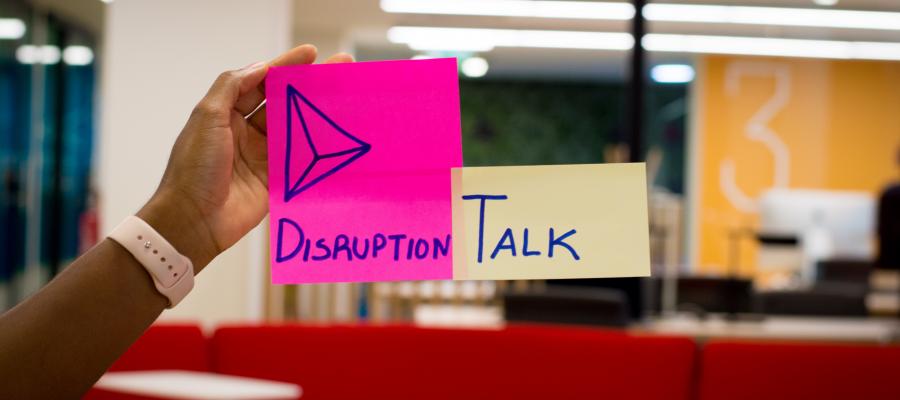Gaining Knowledge without Learning
01
Jan 2021
You can come to know something by observation, by testimony, or by working it out in your head. But there’s another way of knowing something that doesn’t involve learning because it doesn’t involve coming to know a pre-existing fact. This way of knowing arises when you do something intentionally.
Read moreWhen Do False Beliefs Exculpate? (Pt. II)
08
Jan 2021
In my last pandemic puzzle, I posed the question: When do false beliefs exculpate? I floated a principle—the false belief criterion of exculpation—that tried to explain when false beliefs make someone not guilty of a moral offense, but it didn't work in every case. So how do we solve this puzzle?
Read moreThe Mathematics of Democracy
15
Jan 2021
Shouldn’t everybody have an equal vote? Isn’t majority rule just an excuse to keep minorities down? Is a truly fair democracy even possible? And how do we decide what counts as fair in the first place? This week on Philosophy Talk, we’ll explore answers to these questions!
Read moreIs Meritocracy Possible? (Pt. I)
22
Jan 2021
Modern economic life—where people have careers, advancements, successes, and failures—will always end up failing to be meritocratic, as traditionally defined. Given that, is there any point to appealing to meritocracy as a social ideal? And if not, why do people find this ideal so appealing?
Read moreWhat Tech Says
29
Jan 2021
Are tech companies really “making the world a better place”? Isn’t “disruption” just code for circumventing legal regulations and ignoring labor laws? Does Silicon Valley really believe its own hype? On this week's show we’re thinking about “The Rhetoric of Big Tech.”
Read more



